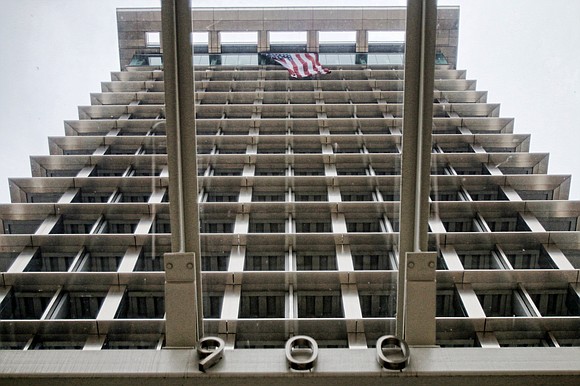City OKs plan for toothless commission to keep tabs on utilities
Also, owning big cats, reptiles, bears and wolves is a ‘no’
Jeremy M. Lazarus | 7/20/2023, 6 p.m.
City Council is on track to create the city’s first Public Utilities & Services Commission to review issues involving public utilities and pass a modified ban on lions, tigers, alligators and other “exotic or wild animals.”
The two initiatives top a list of 50 items that the council is poised to approve next Monday, July 24, at its final meeting before the August recess. All of the items are on the consent agenda, which means they already have majority support and are considered noncontroversial.
Three members of council have led the effort to create the utilities commission: Andreas Addison, 1st District; Katherine Jordan, 2nd District; and Ann-Frances Lambert, 3rd District.
Under the ordinance, the commission would have nine members, six appointed by the council and three by the mayor.
The commission, once established, would gain sweeping authority to review everything involving the Department of Public Utilities—from billing issues that have plagued the department to the future of natural gas in a city that has endorsed eliminating the fossil fuel as a source of energy by 2050.
Essentially, it is designed to give citizens more of a voice in the department’s policies and planning processes, the ordinance indicates.
Despite the sweeping mandate, the commission would be largely toothless and underfunded.
The members would be volunteers, while the commission would not have a budget or independent staff to support its work. As designed, it would meet a minimum of three times a year and send any recommendations to the mayor and council to consider, but have no authority to affect operations or procedures.
According to information attached to the ordinance, costs associated with the commission are expected to run $5,000 a year and involve 10 hours of time of the staff that reports to the council’s chief of staff.
The ban on owning or possessing wild animals mostly focuses on big cats and reptiles and other dangerous wild animals, like wolves and bears.
Until now, the city code mostly focused on dogs and cats. The only significant animal ban has been the ownership of pigs, with some conditions imposed for keeping chickens.
The new law would ban private ownership of a wide array of animals, such as monkeys, raccoons, opossums, skunks, wolves and coyotes, as well as big cats, large reptiles, deer and other types of non-domesticated creatures.
However, the ordinance has been amended to allow for people to practice falconry, gain permits to keep poisonous snakes and buy parakeets and other animals that have “never known the wild” or been domestically bred.
It also has been amended to allow individuals and organizations with state and federal permits or a permit from the city Department ofAnimal Care and Control that is to enforce the ordinance to own, breed, purchase or sell a specific species.
Many of the amendments resulted from comments that representatives of the state and private organizations that support falconry and ownership of wild animals made challenging the language of the initial ordinance as overbroad and in conflict with federal and state laws.
Also, the council is anticipated to clear the way for another $100 million-plus development in South Side.
This one is planned to occupy 2 acres of the Manchester riverfront, south of the 14th Street Bridge, ensuring a continuation of the construction boom.
The plan from Hourigan Development calls for replacing two former Southern States’ grain silos with a 20-story, 290-unit apartment building, a six-story office building and a possible hotel, according to city documents.






